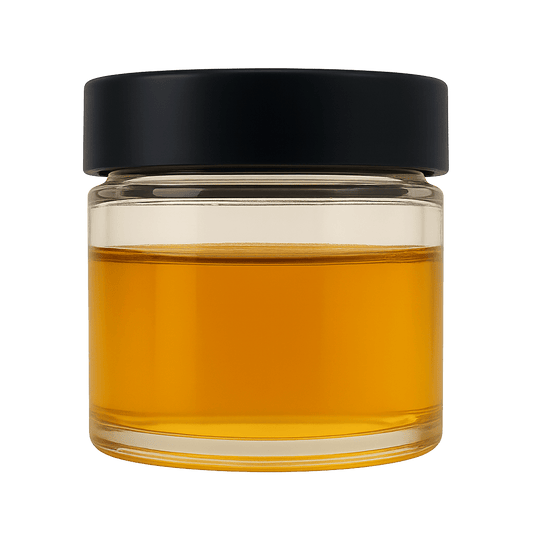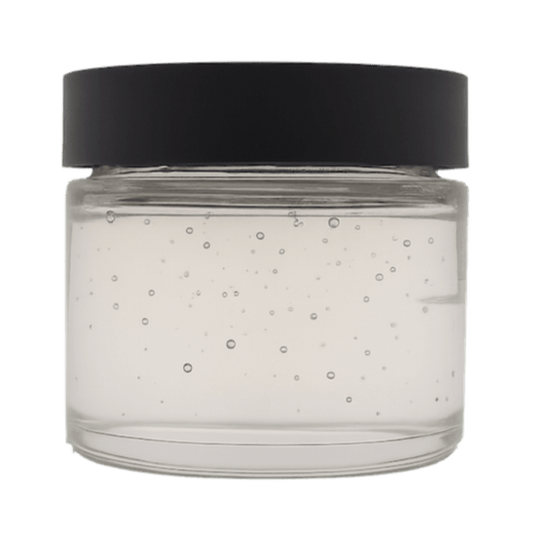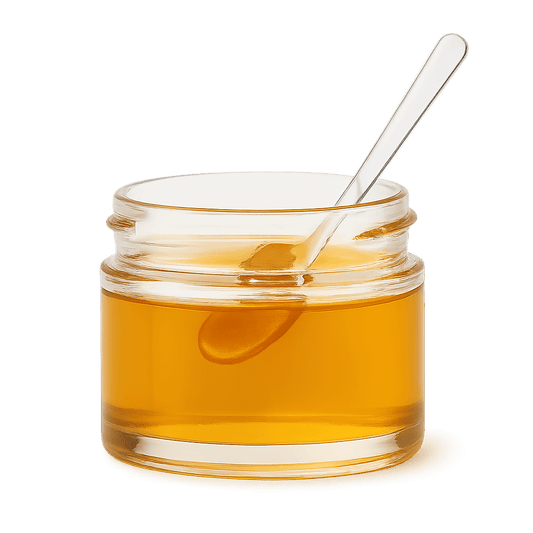Is Delta 8 THC Legal in Illinois?
YES - Delta 8 THC is Legal in Illinois
Delta 8 THC is legal in Illinois as of the information available up to September 2021. According to Illinois state law, all derivatives, cannabinoids, and isomers of hemp, including all tetrahydrocannabinols other than Delta 9 THC, are legalized. This includes Delta 8 THC, provided it comes from hemp with a Delta 9 concentration of not more than 0.3% on a dry weight basis. The legalization comes under the Industrial Hemp Act (505 ILCS 89/5), which aligns with the federal 2018 Farm Bill that legalized hemp-derived products at the federal level.
In Illinois, individuals over the age of 21 can legally purchase marijuana products from licensed sellers, with or without a medical marijuana card, as of January 1st, 2020. This includes Delta 8 products, which can be purchased online or in person from a retailer. The variety of legal hemp products available in Illinois signifies the state's acceptance and regulation of cannabis and its derivatives, allowing for both medical and recreational use within the legal framework.
Legal Status of Delta 8 in Illinois
In Illinois, Delta 8 THC's legal status is established under the Industrial Hemp Act, specifically legislated through a series of bills and laws that align with federal regulations, notably the 2018 Farm Bill. Here's a detailed breakdown of the sources and laws that govern the legality of Delta 8 THC in Illinois:
-
Industrial Hemp Act (505 ILCS 89/5): This act defines "Industrial Hemp" as the Cannabis sativa L. plant and any part of that plant, including the seeds thereof and all derivatives, extracts, cannabinoids, isomers, acids, salts, and salts of isomers, whether growing or not, with a Delta-9 tetrahydrocannabinol (THC) concentration of not more than 0.3 percent on a dry weight basis.
-
Federal 2018 Farm Bill: The 2018 Farm Bill is a pivotal piece of federal legislation that removed hemp, defined as cannabis (Cannabis sativa L.) and derivatives of cannabis with extremely low concentrations of the psychoactive compound delta-9-tetrahydrocannabinol (THC) — no more than 0.3 percent THC on a dry weight basis — from the Controlled Substances Act (CSA). This effectively legalized hemp at the federal level, thereby allowing for the production, sale, and possession of hemp-derived products, including Delta 8 THC, provided they meet the specified THC concentration threshold.
-
Sale and Possession Rules in Illinois: Following the federal legalization of hemp-derived products, Illinois law permits the sale and possession of Delta 8 THC products. According to state regulations, individuals over the age of 21 are legally allowed to purchase marijuana and hemp-derived products, including Delta 8 THC, from licensed sellers. This provision was further supported by the state's move to legalize recreational marijuana effective January 1, 2020.
-
Purchasing Delta 8 THC: In Illinois, Delta 8 THC can be purchased both online and in person from various retailers, including CBD shops and smoke shops. The legal framework in Illinois ensures that consumers have access to a wide range of hemp-derived products, catering to both recreational and medicinal uses.
INDUSTRIAL HEMP ACT
(505 ILCS 89/5)
“Industrial Hemp” means the plant Cannabis sativa L. and any part of that plant, whether growing or not, with a delta-9 tetrahydrocannabinol (THC) concentration of not more than 0.3% on a dry weight basis that has been cultivated under a license issued under the Act or is otherwise lawfully present in this State, and includes any intermediate or finished product made or derived from industrial hemp.
“THC” means delta-9 tetrahydrocannabinol.
(505 ILCS 89/20)
Sec. 20. Hemp products. Nothing in this Act shall alter the legality of hemp or hemp products that are presently legal to possess or own.
(505 ILCS 89/25)
Sec. 25. Violation of federal law. Nothing in this Act shall be construed to authorize any person to violate federal rules, regulations, or laws. If any part of this Act conflicts with a provision of the federal laws regarding industrial hemp, the federal provisions shall control to the extent of the conflict.
(Source: P.A. 100-1091, eff. 8-26-18.)
Section 905. The Cannabis Control Act is amended by changing Sections 3 and 8 as follows:
(720 ILCS 550/3) (from Ch. 56 1/2, par. 703)
Sec. 3. As used in this Act, unless the context otherwise requires:
(a) “Cannabis” includes marihuana, hashish and other substances which are identified as including any parts of the plant Cannabis Sativa, whether growing or not; the seeds thereof, the resin extracted from any part of such plant; and any compound, manufacture, salt, derivative, mixture, or preparation of such plant, its seeds, or resin, including tetrahydrocannabinol (THC) and all other cannabinol derivatives, including its naturally occurring or synthetically produced ingredients, whether produced directly or indirectly by extraction, or independently by means of chemical synthesis or by a combination of extraction and chemical synthesis; but shall not include the mature stalks of such plant, fiber produced from such stalks, oil or cake made from the seeds of such plant, any other compound, manufacture, salt, derivative, mixture, or preparation of such mature stalks (except the resin extracted therefrom), fiber, oil or cake, or the sterilized seed of such plant which is incapable of germination. “Cannabis” does not include industrial hemp as defined and authorized under the Industrial Hemp Act.
The legal framework for Delta 8 THC in Illinois exemplifies the state's approach to cannabis and hemp regulation, aligning with federal guidelines while ensuring access for adults. These laws and regulations demonstrate Illinois' commitment to providing a regulated cannabis market, encompassing a variety of cannabis and hemp-derived products within legal bounds.
The information provided on this website does not, and is not intended to, constitute legal advice or any statements regarding the status of any laws. The information, content, and materials present on this site are for general informational purposes only and should not be relied upon for any specific purpose. Laws vary across different states and are subject to change. Therefore, information on this website might not reflect the most recent legal or other developments. Read our full legal disclaimer HERE.






